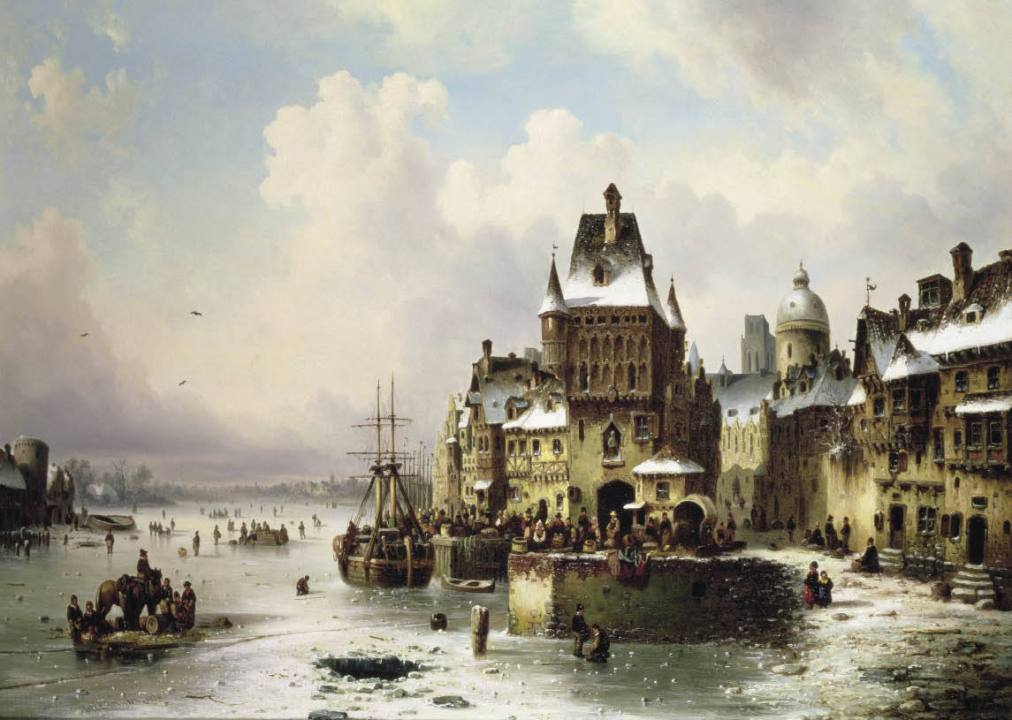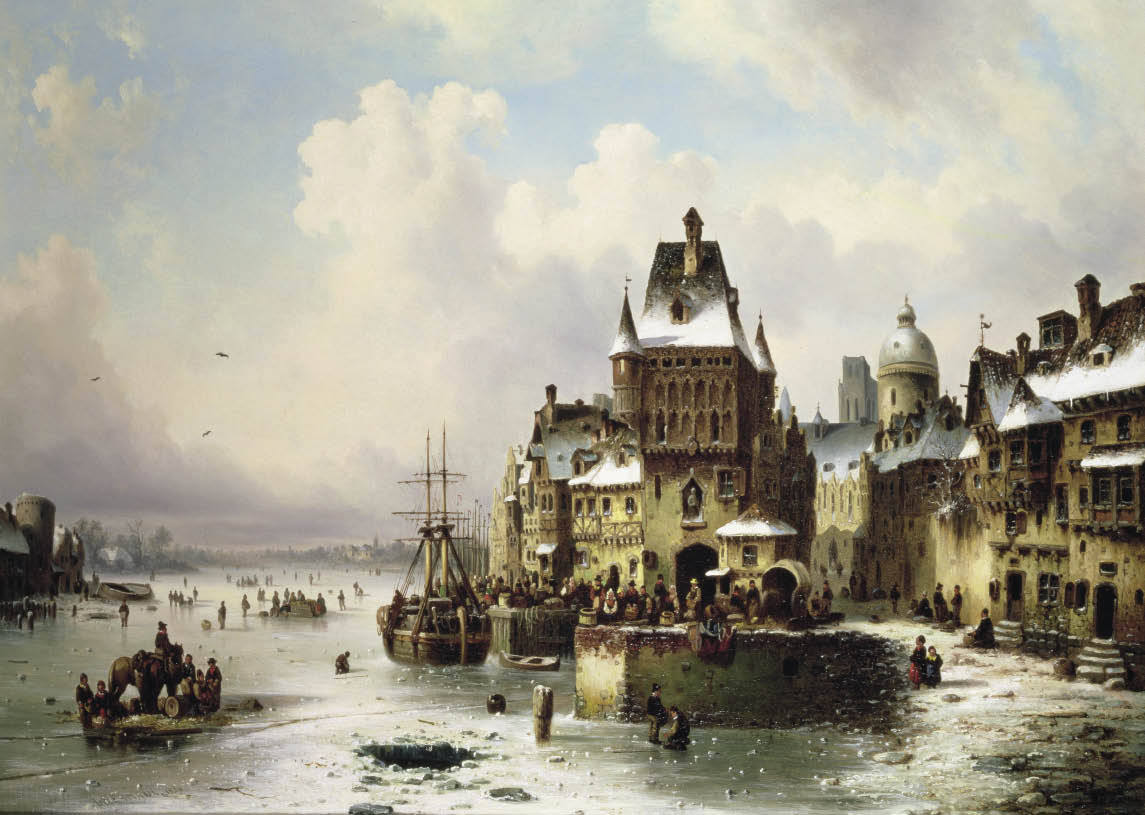Do the trees of East Prussia still whisper in German when the wind blows in from the Baltic and across the featureless plain? The Russian poet Joseph Brodsky thought so when he visited in the 1960s. But keen ears, and a very long historical reach, are surely now needed in order to detect that particular susurration. A little over two million Germans lived here in 1940. Now there are just 10,000 ‘of German descent’.
Eight centuries ago members of the Order of the Teutonic Knights, snobbish and aristocratic virgins almost to a man, arrived here from Acre to start that great Crusade of the North which was the counterpart to the adventure in Palestine. It took them some two generations to conquer the native Prusi, a Baltic and pagan people. But by the late 13th century one of Europe’s strangest political entities had been created: a monastic territorial state administered by the Knights from the massive red brick fortresses they raised in emblematic domination over a population which had become Christian in religion and German in culture.








Comments
Join the debate for just $5 for 3 months
Be part of the conversation with other Spectator readers by getting your first three months for $5.
UNLOCK ACCESS Just $5 for 3 monthsAlready a subscriber? Log in